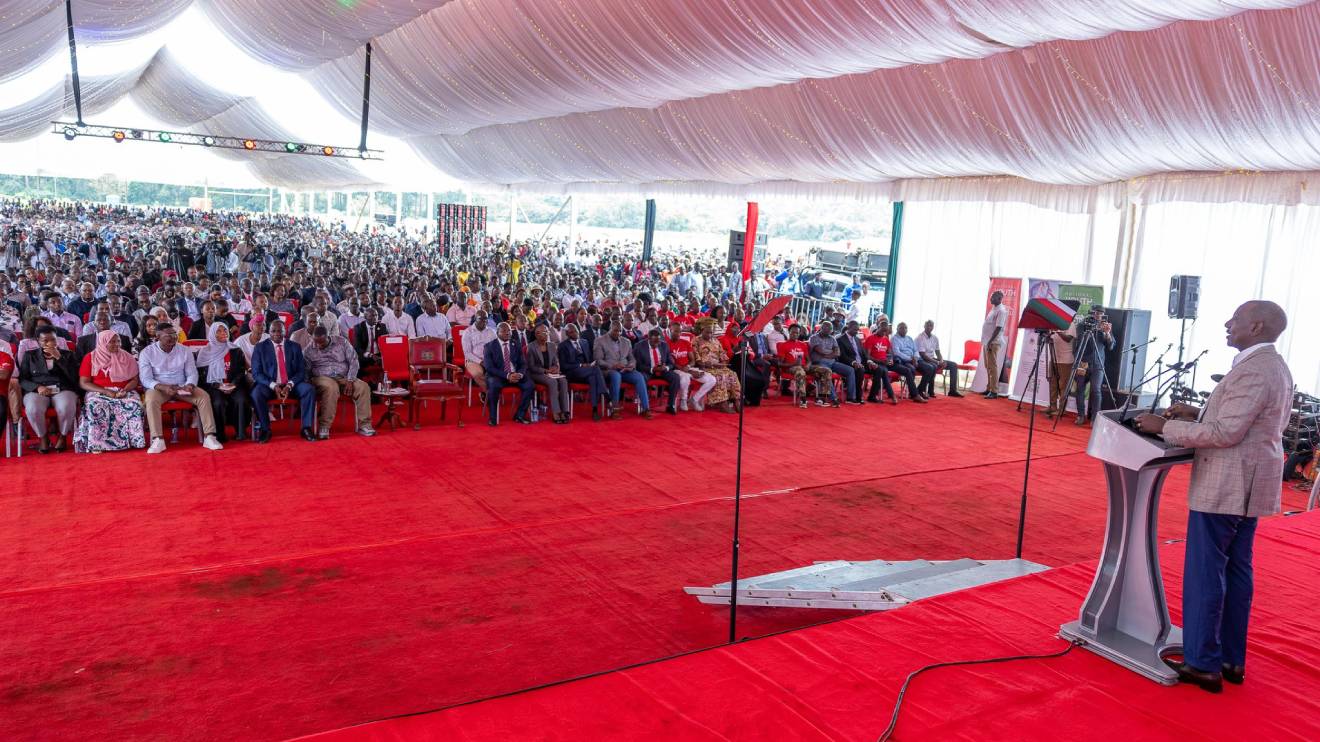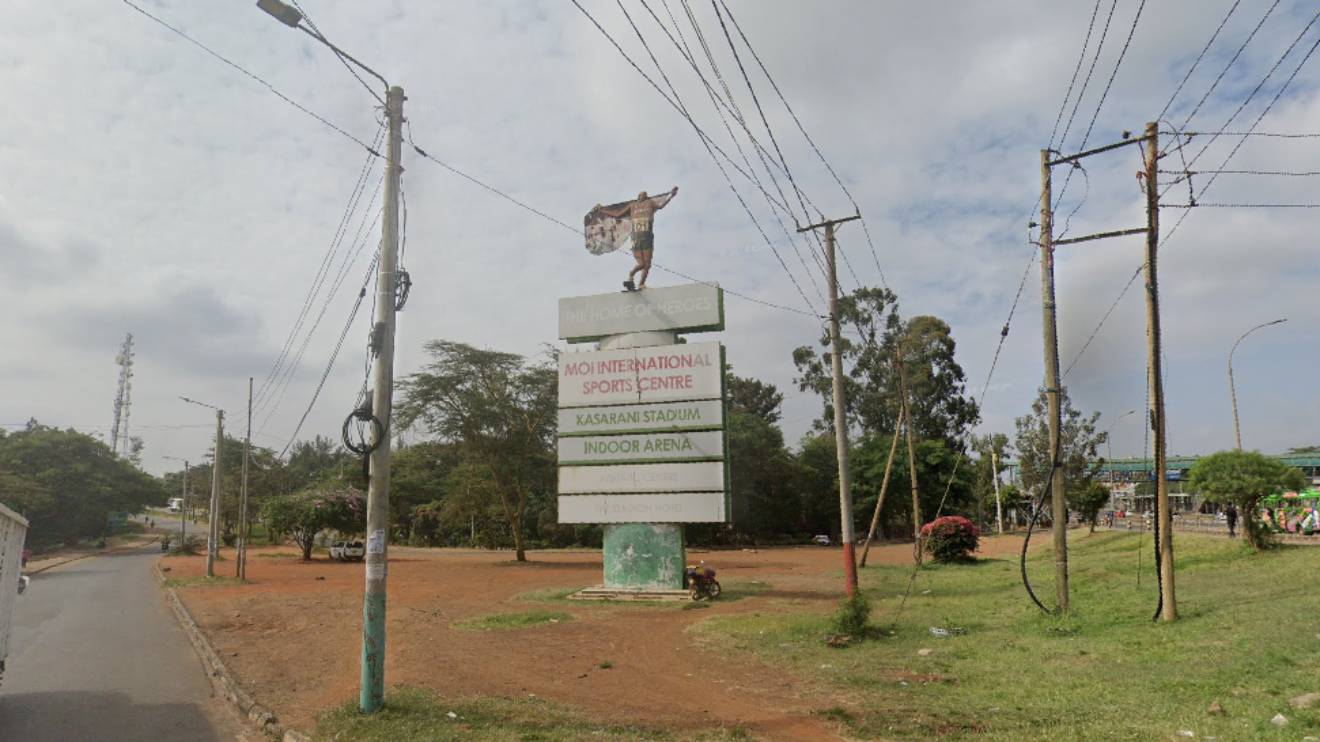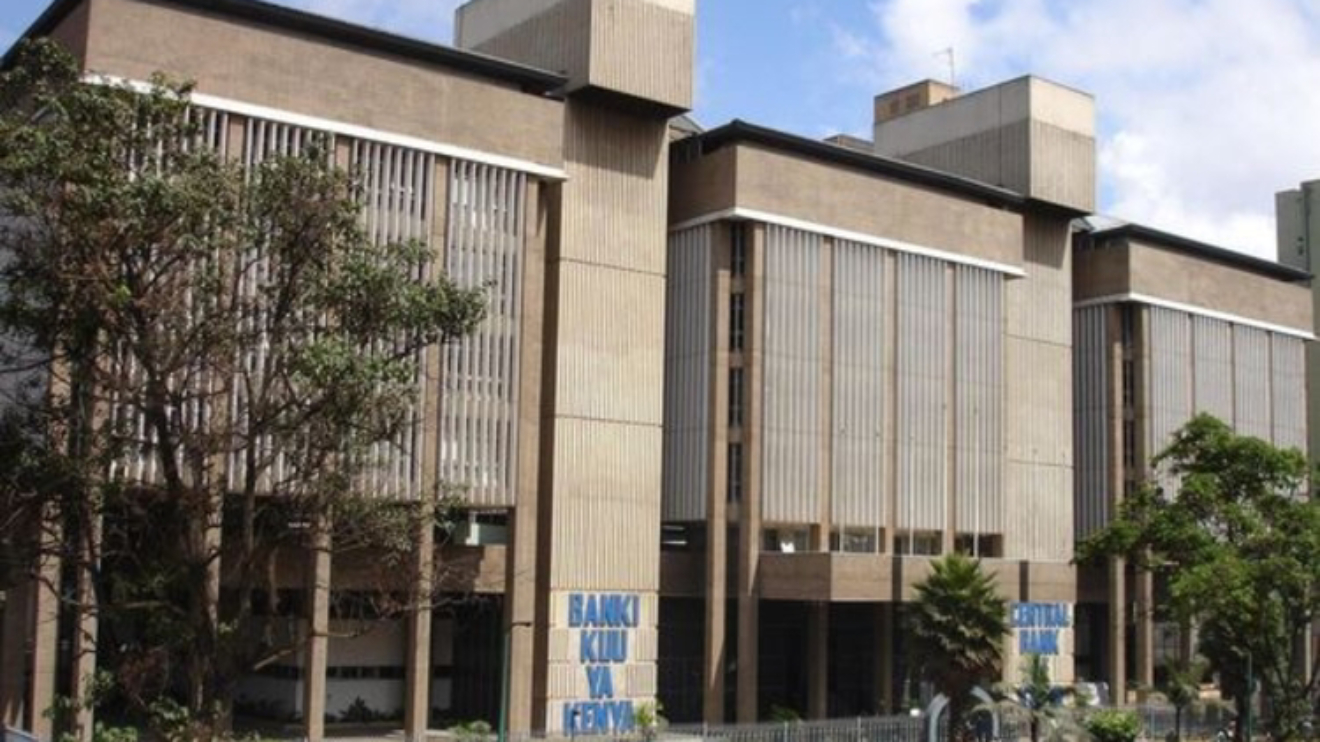A section of farmers from the Rift Valley have decried the high cost of government-subsidised fertiliser and its poor quality.
The farmers chiefly from the maize growing region of the Rift Valley said the government-subsidised National Cereals and Produce Board (NCPB) and Kenya National Trading Corporation (KNTC) are less efficient because they have to supplement them with other brands for them to be efficient.
According to the farmers, the cost of the fertilizer under the subsidy program will be higher in the long run since they have to spend twice as much purchasing the fertilizer or buy other brands to augment the government fertilizer.
The farmers claimed they are forced to utilise two bags of Nitrogen, Phosphorous and Potassium (NPK) 23:23 fertiliser per acre as opposed to the Di-Ammonium Phosphate (DAP) of which only one bag or one and a half bags are required to plant the same area.
One farmer opined that the government only focused on producing volumes of the fertilisers over the quality and more research should have been carried out in various regions to determine the best kind of fertilizers to be used in each region.
Read More
“What the government prioritised is quantity rather than quality. Ideally, the government should have carried out soil testing to determine the type of fertiliser that is suitable for each region instead of distributing the same brand across the board, which may turn out to be expensive to farmers,” the farmer said.
Agriculture expertsconfirmed their concerns and said farmers have to apply extra bags of the government-subsidised fertilizer to achieve higher fertilization.
“Because of the lower nutrient levels, farmers have to apply an extra bag compared to DAP to achieve higher fertilisation,” the expert said.
However, the expert said farmers also need to know how to use the DAP fertilizer as they should be applied together with lime.
“Some fertilisers like DAP are not bad, but farmers need to know how to use them. For instance, they need to apply the fertiliser together with lime, which is a byproduct of cement,” he added.
The farmers are forced to purchase the other brands of fertilisers from private dealers who are taking advantage of the situation and selling their fertilisers at costly prices.

-1679766659.jpg)









